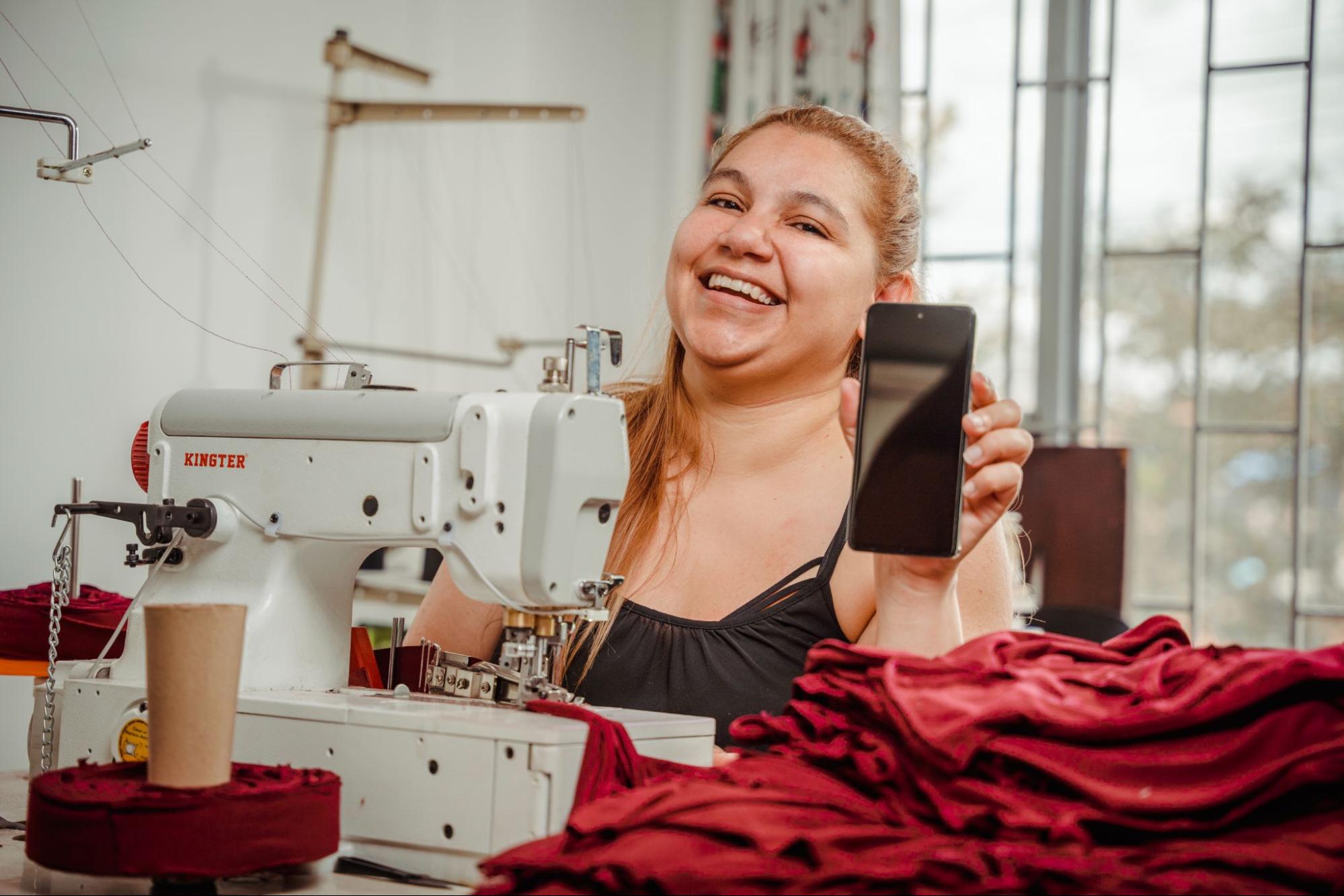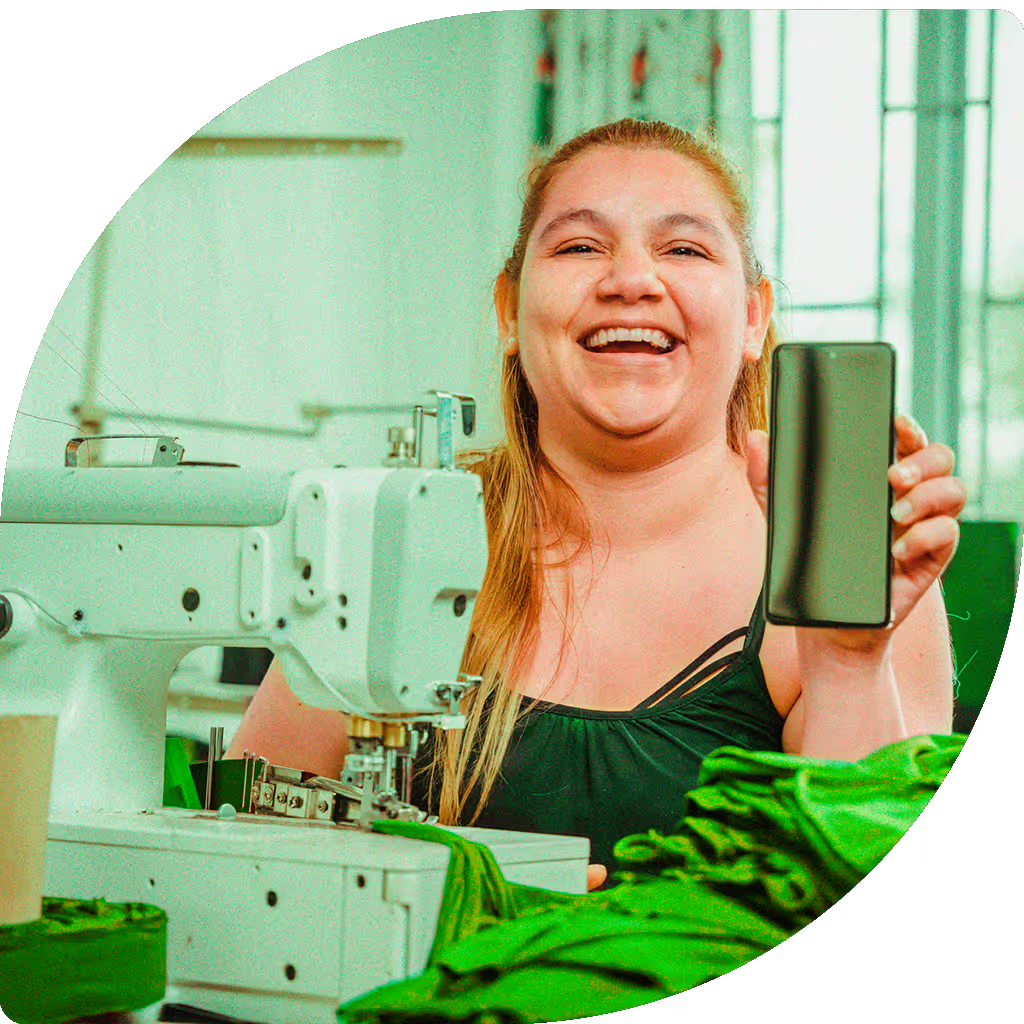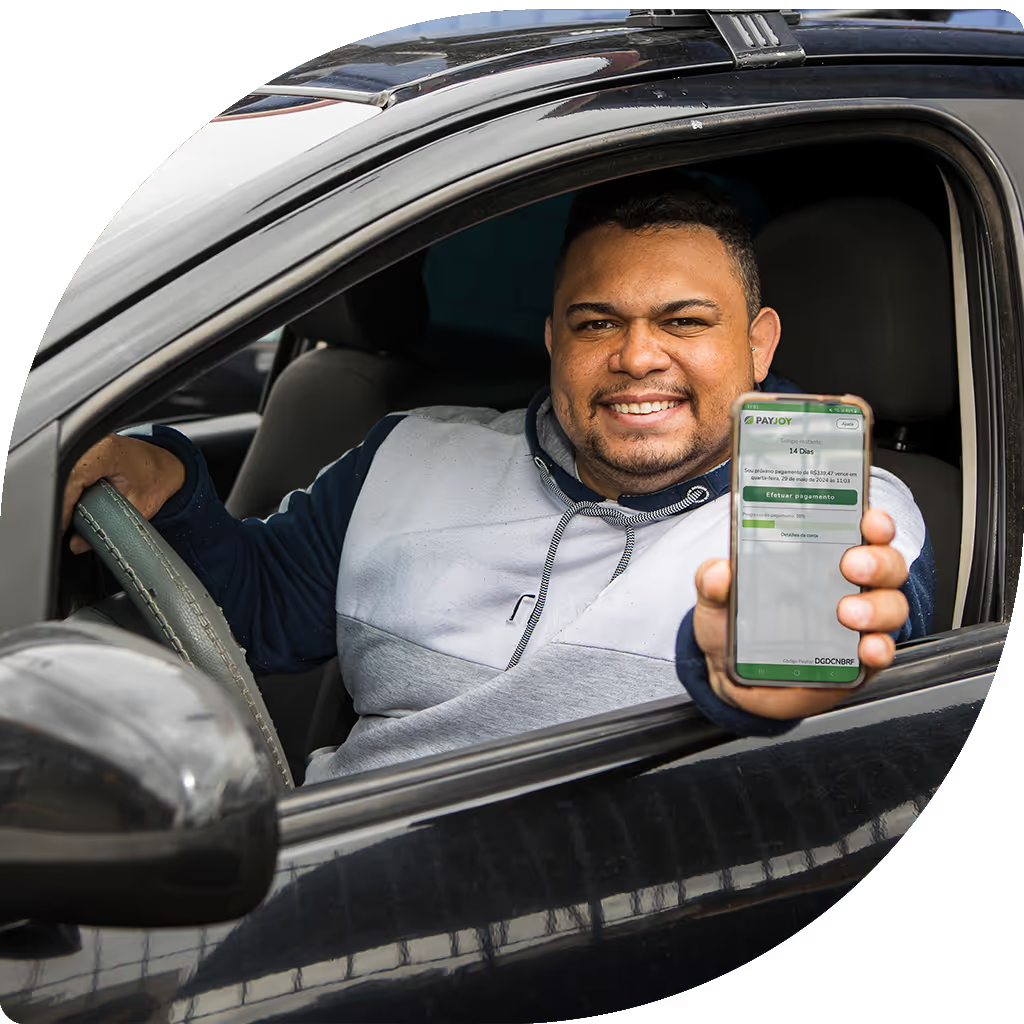Latest Articles

From Innovation to Impact: PayJoy's Financial Evolution
Discover how PayJoy has achieved remarkable growth by focusing on mission-driven strategies and innovative financial products. In this episode, Brad shares insights into PayJoy's strategic market entry, the development of the PayJoy card, cutting-edge fraud prevention techniques and future expansion into Indonesia and India.
Podcast
December 19, 2025

Scaling Impact in Emerging Markets: Doug Ricket, PayJoy CEO, on Productivity Finance and Unlocking Credit Access
PayJoy CEO Doug Rickett shares how his company is unlocking credit access in emerging markets — scaling impact with AI-driven underwriting, using phones as collateral, and balancing profitability with purpose. Listen now.
Podcast
September 10, 2025












